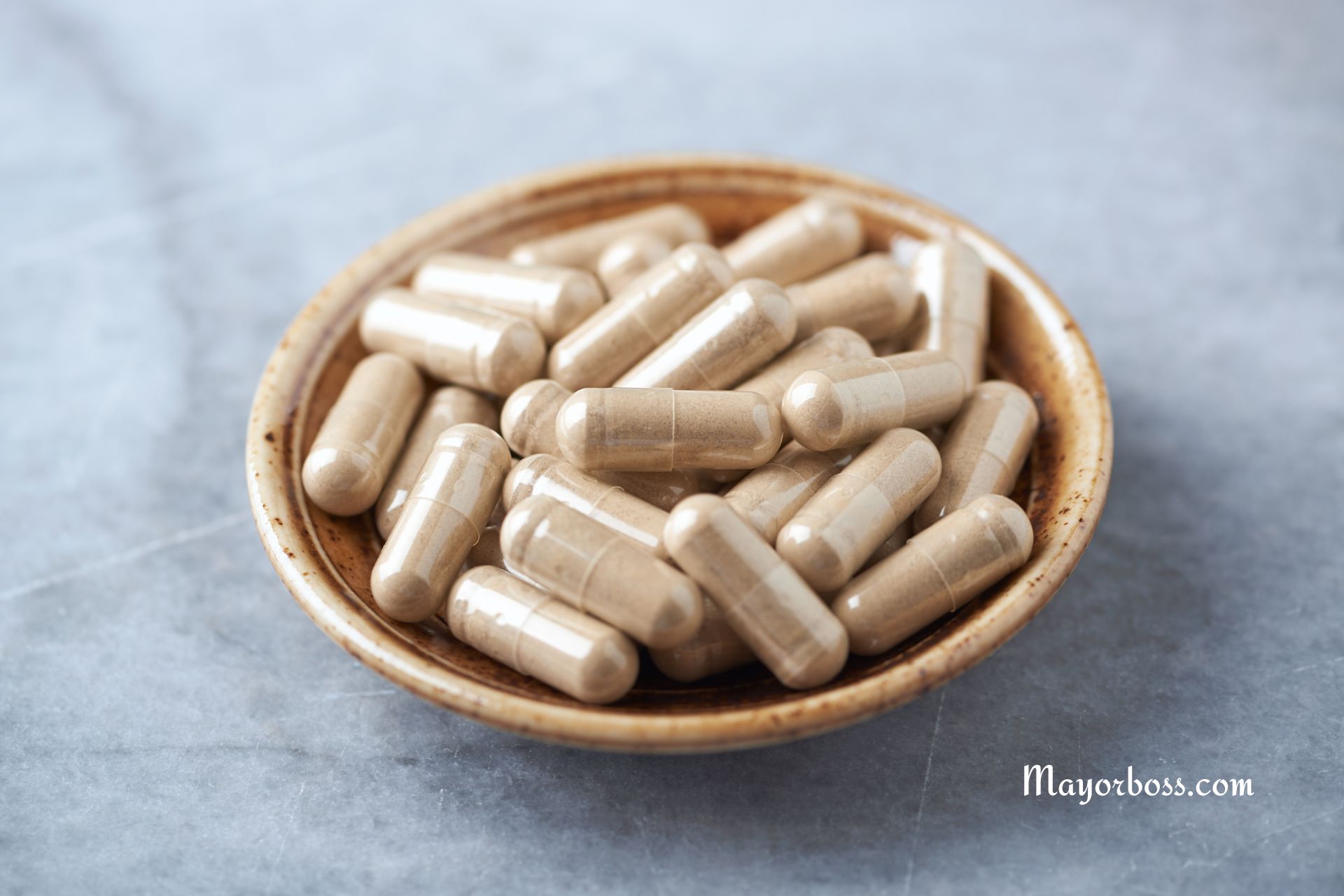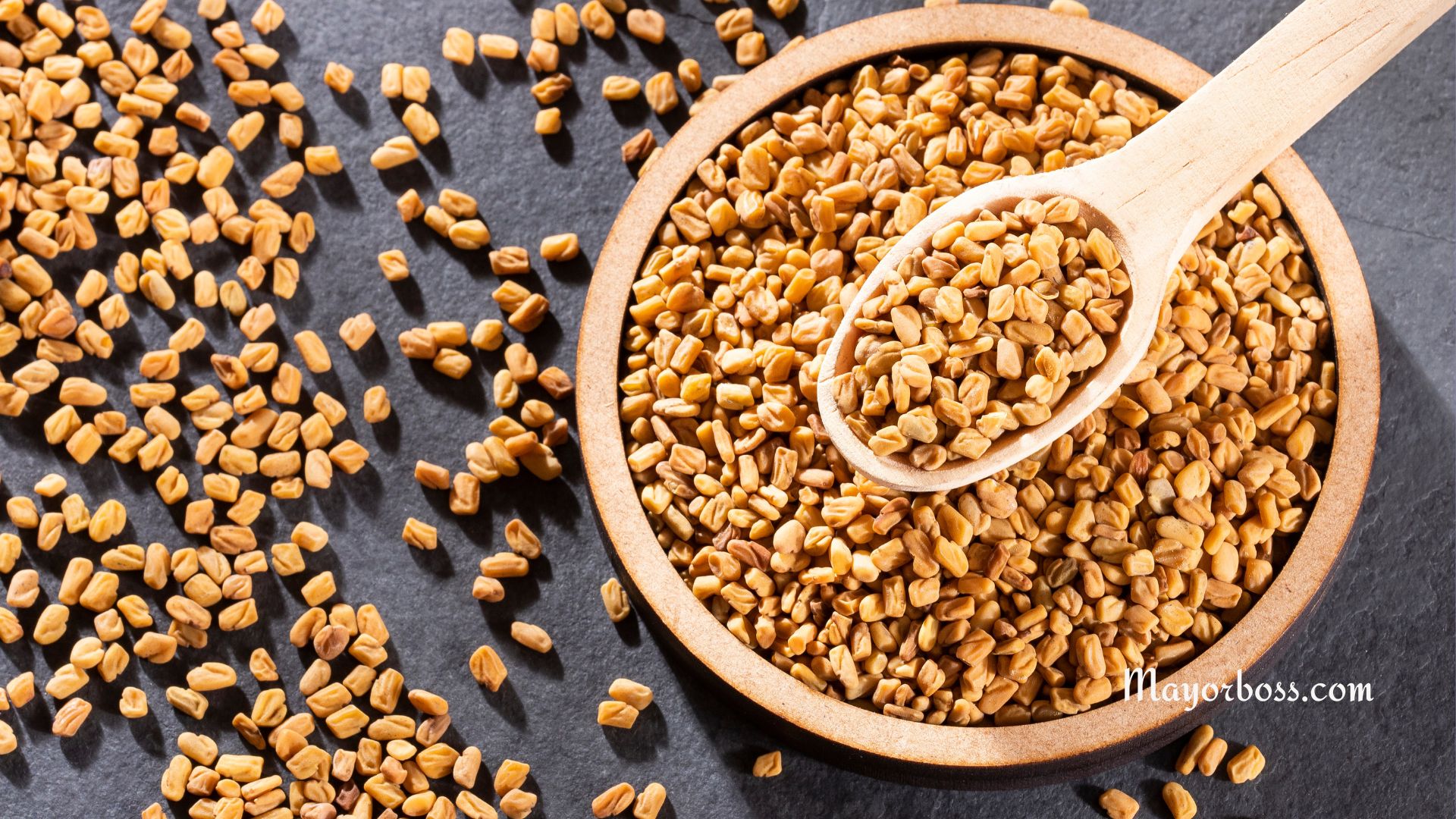7 Natural Substances That Support the Brain: Memory, Attention, and Concentration
Healthy memory and sharp focus do not depend only on age or “good genes”. Several natural substances, including omega-3 fats from fish, curcumin from turmeric, ginkgo, bacopa, and the mix of caffeine with L-theanine, can support memory, attention, and concentration. They work best together with good sleep, movement, and a balanced diet.

Have you noticed that you walk into a room and forget why you came in?
Or you sit down to work, open your phone for “one minute”, and snap out of it half an hour later?
You are not alone. Many people feel:
- Mental fatigue in the afternoon
- Trouble holding attention on one task
- Slow recall of names, words, or recent events
Stress, poor sleep, ultra-processed foods, blood sugar swings, and long hours in front of screens all strain brain cells. Over time, this can affect how fast you think, how well you learn, and how clear your focus feels.
Many people want sharper memory, better focus, and clear thinking without relying only on pills. Below are some natural substances seen in studies that can support brain cells, blood flow, and communication between nerves, which can help memory, attention, and concentration when used along with healthy habits.
1. Omega-3 fats from fish and algae
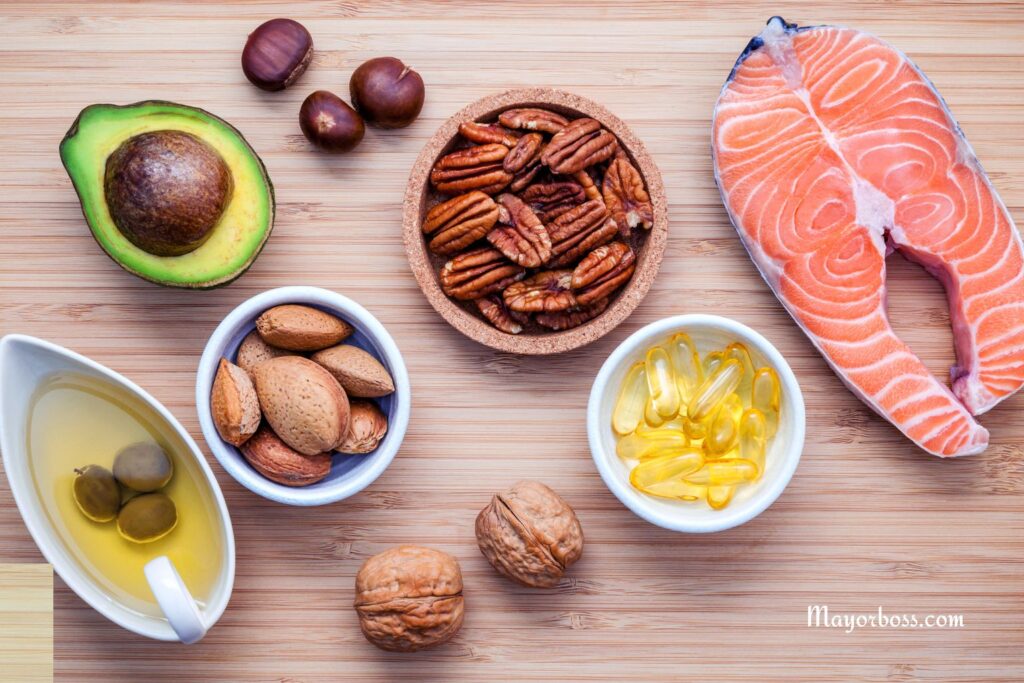
Docosahexaenoic acid, often shortened to DHA, is a main fat in brain cell membranes. It helps nerve cells send signals and stay flexible. Eicosapentaenoic acid, or EPA, has strong anti-inflammatory effects.
Large reviews of trials suggest that omega-3 supplementation may support cognitive function in older adults, especially in people with mild memory concerns. Effects seem strongest when intake begins before advanced decline.1
Helpful sources include:
- Fatty fish such as salmon, sardines, mackerel, and herring
- Algae oil for people who avoid fish
- High-quality omega-3 supplements with DHA and EPA
For brain health, focus on regular intake over months and years. Very high doses can thin the blood, so people who use blood thinners or have bleeding disorders need medical advice first.
2. Curcumin from turmeric
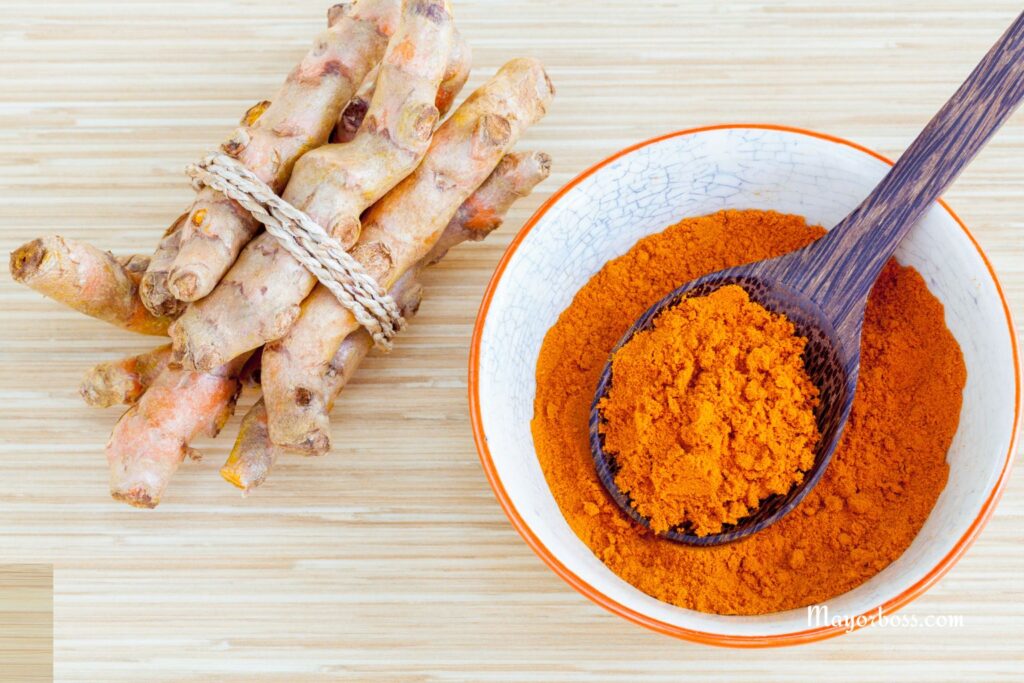
Curcumin is the bright yellow compound in turmeric. It has strong antioxidant and anti-inflammatory effects.
Clinical research in adults with age-related memory complaints suggests that long-term curcumin use can improve attention and aspects of memory. Some trials found better performance on memory tests and a slower decline in global cognition.2
You can support intake through:
- Turmeric in cooking, together with a little fat and black pepper
- Turmeric or curcumin supplements that mention improved absorption
Curcumin can upset the stomach in some people and may not suit those with gallbladder disease or those taking certain blood thinners. A healthcare professional should review other medicines first.
3. Bacopa monnieri
Bacopa monnieri is a plant used in traditional Ayurvedic medicine for learning and memory. Modern randomized trials in adults with self-reported attention or memory issues show improvements in attention, working memory, and learning tasks after several weeks of daily use.3
Important points:
- Bacopa does not work instantly. Most studies used 8 to 12 weeks of steady intake.
- The most common side effects include nausea, stomach cramps, and loose stools.
- Standardized extracts used in research often differ from random products online.
If you consider bacopa, look for a supplement that lists the exact extract and dose, and speak with a clinician who understands herbal medicine.
4. Ginkgo biloba
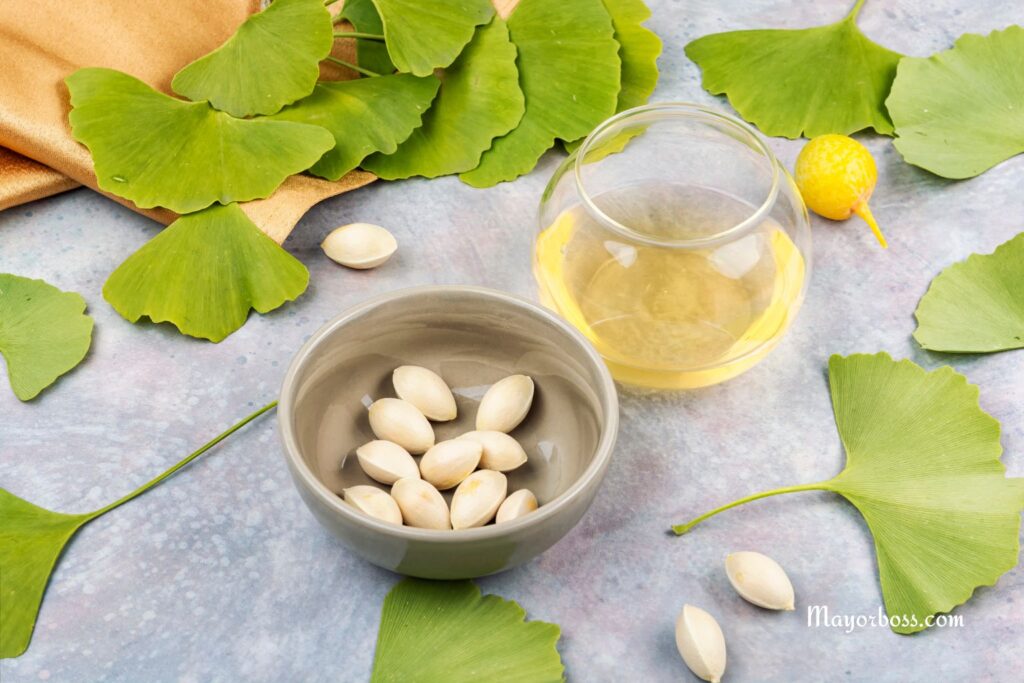
Ginkgo biloba extract comes from the leaves of the ginkgo tree. It has antioxidant effects and can support blood flow in small vessels, including in the brain.
Meta-analyses suggest that standardized ginkgo extract can slow cognitive decline or stabilize function in people with mild cognitive impairment or dementia, although it does not prevent dementia in healthy older adults.4
Ginkgo deserves caution in several groups:
- People who use anticoagulant or antiplatelet medicines
- People with a history of seizures
- People preparing for surgery or dental procedures
Because of possible bleeding risk and drug interactions, ginkgo should never be started without medical guidance.
5. Berries and dark fruits

Blueberries, strawberries, blackberries, and other dark colored fruits contain flavonoids, especially anthocyanins. These compounds act as antioxidants and signal molecules inside the brain.
Human studies link higher intake of flavonoid-rich berries with better memory and executive function in older adults. Short-term trials also show improved performance on memory tasks for several hours after a berry drink.5
Simple ways to add them:
- A cup of mixed berries with breakfast
- Frozen berries in smoothies
- Dark grapes or cherries as a snack instead of sweets
These foods are gentle, safe for most people, and support heart and metabolic health at the same time, which also benefits the brain.
6. Caffeine with L-theanine
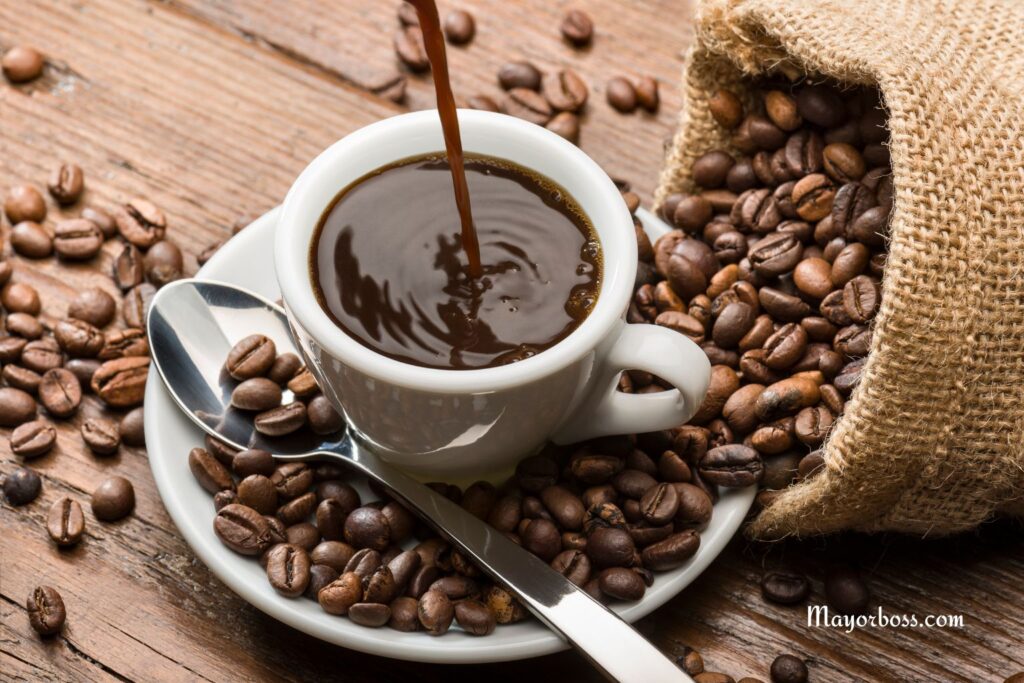
Caffeine increases alertness, reaction time, and vigilance, especially when you feel tired. L-theanine, an amino acid in green tea, encourages a calm but focused state.
Research shows that caffeine and L-theanine together can improve sustained attention, speed, and accuracy on demanding tasks. The combination also seems to reduce mind wandering and jitteriness compared with caffeine alone.6
Sources include:
- Green tea
- Coffee paired with L-theanine capsules
- “Focus” drinks that list both ingredients
Moderation matters. Too much caffeine can raise heart rate, disturb sleep, and increase anxiety. People who are pregnant, have heart rhythm issues, or struggle with sleep should seek advice before using caffeine for focus.
7. Panax Ginseng
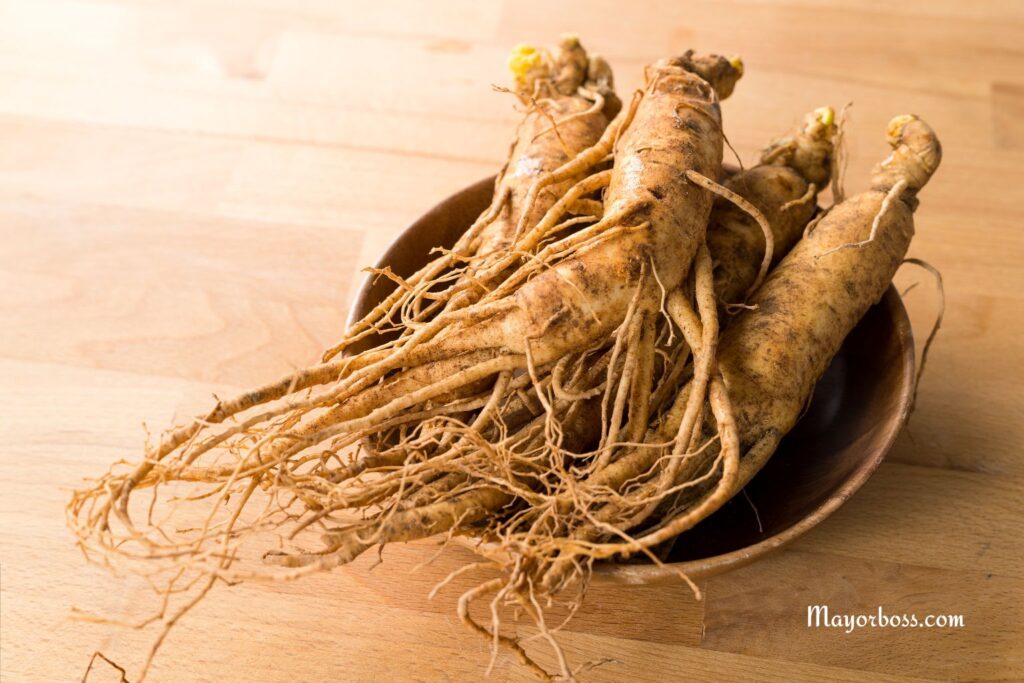
Panax ginseng is a root used for centuries in East Asian medicine. Standardized extracts are now common in supplements.
Research suggests Panax ginseng may:
- Support mental performance under stress
- Reduce feelings of mental fatigue
- Helps short-term memory and reaction time in some people
It can also raise energy and sometimes raise blood pressure. This can be helpful for people who feel worn out, but risky for people with uncontrolled high blood pressure, heart rhythm problems, or anxiety. It can interact with diabetes medicine and blood thinners, so medical guidance is important.7
How to use these natural brain supporters safely
A few practical guidelines:
- Think “food first”. Emphasize fish, berries, turmeric in cooking, and green tea before turning to pills.
- Introduce one new supplement at a time. That way, you can tell what helps and what causes side effects.
- Give each safe option enough time. Several trials used at least two to three months before measuring changes.
- Protect your basics. No supplement can replace sleep, movement, stress reduction, social contact, and mental activity.
Always tell your doctor or pharmacist about any supplements you plan to start. Natural products can still interact with medicines or health conditions.
When to seek medical help for memory or focus
See a healthcare professional soon if you notice:
- Rapid changes in memory over weeks or months
- Getting lost in familiar places
- Trouble managing money, medicines, or daily tasks
- New personality changes, confusion, or language problems
- Strong headaches, weakness, or vision changes
Final thoughts
Natural substances can gently support brain health, especially when you combine them with a brain-friendly lifestyle. Omega-3 fats, curcumin, bacopa, ginkgo, berries, and the mix of caffeine with L-theanine each have research that points toward better memory, attention, or concentration in certain groups.
Frequently asked questions
1. What is the best natural substance for memory and focus?
There is no single “best” choice for everyone. Omega-3 fats and flavonoid-rich berries have strong support and help many other organs as well, so they form a solid foundation. Bacopa and ginkgo may support people with specific attention or memory complaints, under medical guidance.
2. How long does it take to notice results from these substances?
Foods such as fish and berries support the brain for months and years. Herbs like bacopa and ginkgo often need at least 8 to 12 weeks in studies before researchers see clear changes on tests. Caffeine with L-theanine works within an hour, but the effect is short-term and disappears after the dose wears off.
3. Can these natural substances replace medicines for ADHD, depression, or dementia?
No. These options can sometimes complement standard treatment, but they do not replace prescribed medicines, therapy, or medical follow-up. Never stop or change any medicine without speaking with your clinician.
4. Are these natural brain supporters safe for children and teenagers?
Some, such as fish, berries, and turmeric in food amounts, fit well into a family diet. Herbal extracts and concentrated supplements for children need careful review with a pediatrician or specialist, especially for bacopa, ginkgo, and caffeine products. Doses and safety limits differ for growing bodies.
5. What is the simplest daily routine to support memory, attention, and concentration?
For many people, a realistic brain-friendly routine can look like this:
- Eat fatty fish once or twice a week or use algae or fish oil after medical advice.
- Add a cup of mixed berries most days.
- Season meals with turmeric plus black pepper.
- Use green tea or modest coffee intake earlier in the day, not in the evening.
- Protect 7 to 9 hours of sleep, move your body most days, and give your mind regular learning challenges.
References:
- https://pmc.ncbi.nlm.nih.gov/articles/PMC10526215/ ↩︎
- https://www.researchgate.net/publication/331898199_Effects_of_Curcumin_on_Cognitive_Function-A_Systematic_Review_of_Randomized_Controlled_Trials ↩︎
- https://www.mdpi.com/2072-6643/7/12/5507 ↩︎
- https://medizinonline.com/en/effects-of-a-ginkgo-biloba-extract-on-cognitive-functions ↩︎
- https://pmc.ncbi.nlm.nih.gov/articles/PMC6893475/ ↩︎
- https://www.nature.com/articles/s41598-020-70037-7 ↩︎
- https://pmc.ncbi.nlm.nih.gov/articles/PMC6026386/ ↩︎





